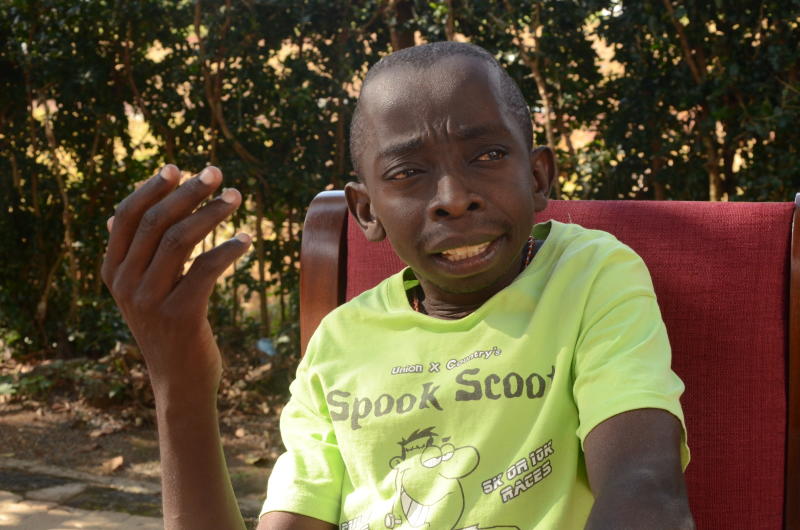×
The Standard e-Paper
Home To Bold Columnists

While many people want material things and power in life, Emmanuel Gitau, 37, from Mugumo, Kiambu County says he only wants to go for a short call of nature before he breaths his last.
“I have to pay to urinate. So I go for dialysis twice a week-Tuesday and Friday-five hours per session,” he says.